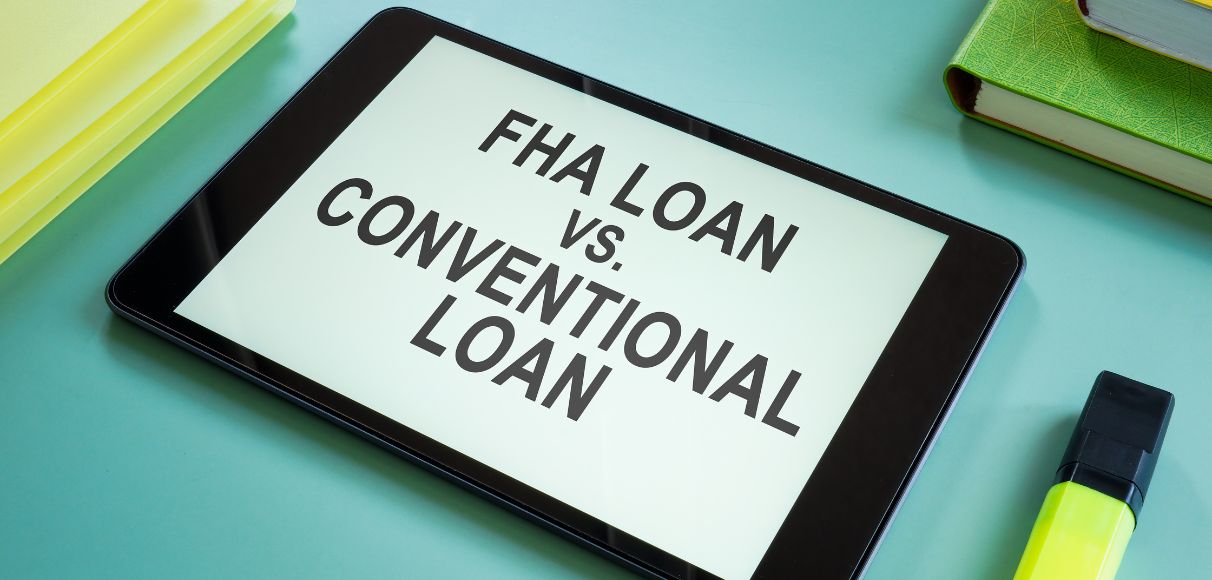Investing in real estate property can be a profitable and exciting venture, but it is important to understand the financial responsibilities that come with it. Financing an investment property can be daunting, especially for beginner real estate investors. But that’s why getting familiar with the different types of loans is essential.
If you’re new to the investment world, we’re here to help! Below, we share five tips for finding the best loan for your investment property to suit your goals and budget.
Determine Your Investment Strategy
You need to determine your investment strategy before you look for a loan. Are you planning to flip the property for a quick profit or hold onto it for long-term rental income? Your strategy will select the type of loan you should get. For instance, a short-term fix and flip loan may not be suitable for a long-term rental property, and vice versa. Having a clear investment strategy will help you narrow down your loan options.
Explore Different Types of Loans
Various types of loans are available for investment properties, such as:
- Conventional loans
- Federal Housing Administration (FHA) loans
- Hard money loans
Each type of loan has its own eligibility criteria, requirements, and interest rates. Researching and comparing each loan type is important to find the most suitable one for your investment property needs.
Consider the Lender’s Requirements
Apart from loan type and interest rates, different lenders may have additional requirements for borrowers. Some lenders may require a higher down payment, credit score, or proof of income. It is important to consider the lender’s requirements and ensure you meet them before applying for a loan. Failure to meet the needs can result in rejection or higher interest rates.
Shop Around for the Best Rates
Loan rates can vary significantly among different lenders, so shopping around for the best rates is important. You can start by comparing rates from multiple lenders online or by working with a mortgage broker who can help you find competitive rates. Remember that a lower interest rate results in lower mortgage payments, which can benefit your long-term cash flow.
Read the Fine Print
You must read and understand the loan agreement’s fine print before signing on the dotted line. Some loans may have hidden fees, prepayment penalties, or high closing costs that can significantly impact your overall cost. Make sure to ask questions and clarify any discrepancies before signing the agreement.
Finding the best loan for your investment property requires careful consideration and research. Remember that investing in real estate is a long-term commitment, so choosing a loan that aligns with your financial goals and budget is essential.









